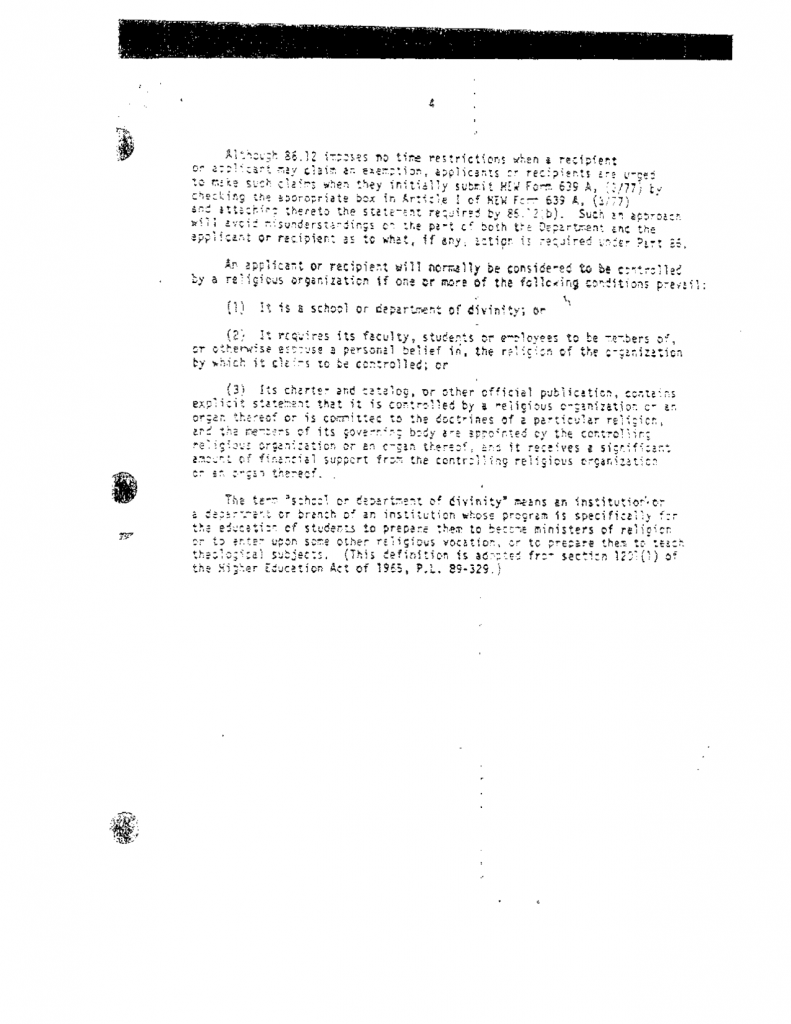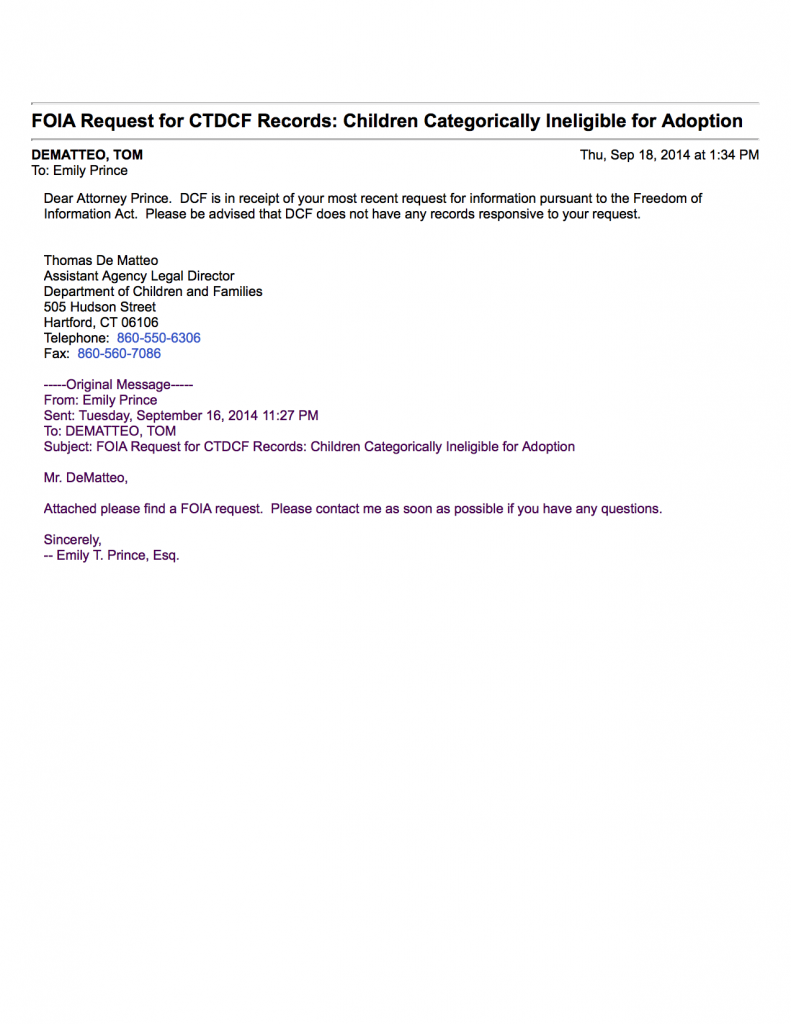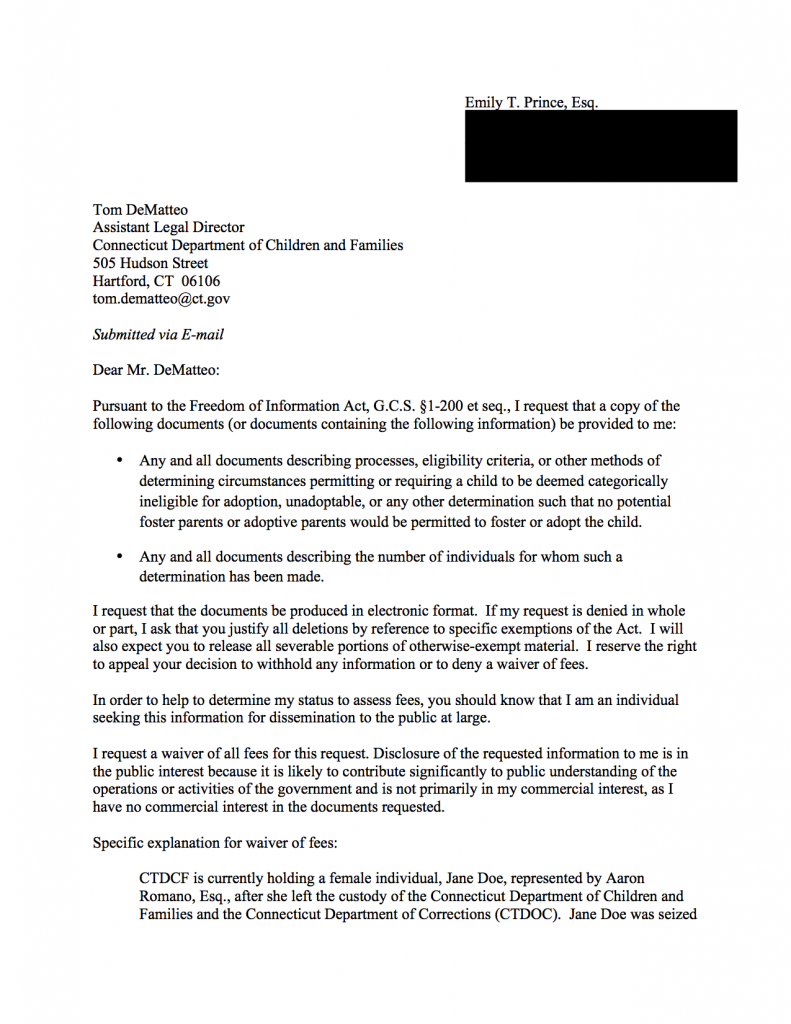Catching up on some old business: on July 15, 2014 I spoke to the Office of Information and Regulatory Affairs (OIRA, the portion of the Executive Office of the President that oversees the Federal regulatory process) about a then-pending Office of Personnel Management rulemaking updating the government’s employment nondiscrimination policies. This update was to, among other things, include “gender identity” as an explicitly protected class. However, the update did not address the Federal Employee Health Benefits Program (FEHB), the system that delivers health insurance to millions of Federal employees.
Both the OIRA meeting record and my meeting handout are publicly available. For those advocating for trans-inclusive healthcare to your private employees, the handout may prove useful. As my argument was not only based on the legal necessity of trans-inclusive healthcare, but also on the costs and benefits of providing such insurance, the studies and discussions will be powerful evidence to support your case to management. (This isn’t legal advice).
The final rule at issue was published July 29, 2014, and also did not include reference to FEHB. However, I don’t view this as a loss. The rulemaking was a vehicle to present these concerns directly to the White House, and in that light I succeeded beyond my expectations; I was surprised to even be able to speak with OIRA directly.
Several rulemakings remain, including the most significant, a Department of Health and Human Services rulemaking or interpretation addressing Section 1557 of the Affordable Care Act, which bans (among other things) discrimination on the basis of sex. The Department has previously said that this section does not require insurers to provide trans-inclusive health coverage, but that language disappeared at the same time the Department requested comments from the public on interpreting the section. The docket was replete with comments from individuals and organizations demanding trans-inclusive health insurance (including a comment I wrote anonymously, not yet being fully out at the time). Some of these, particularly the comments of Whitman-Walker Health, made a compelling case that trans-inclusive health insurance is legally required by present statutes and not something to be decided on a state-by-state or insurer-by-insurer basis.
Hopefully my presentation to OIRA helped to raise visibility on these issues, so that when the Department rulemaking is under White House review, it will be done with the knowledge that their actions are being watched closely and critically to ensure that transgender people are not again denied equal protection of the laws.



